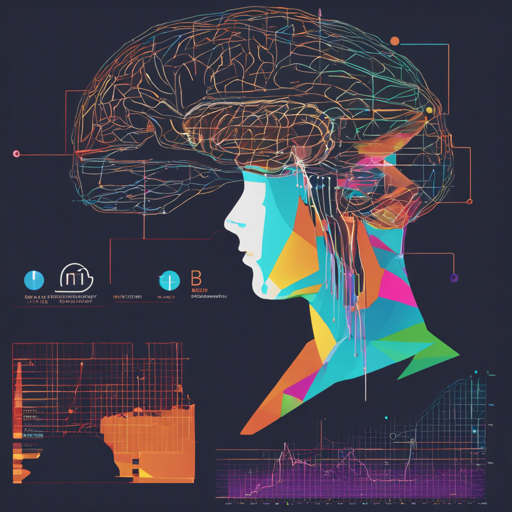Welcome to the exciting world of Brain-Computer Interfaces (BCIs)! In this guide, we’ll walk you through how to utilize the Mother of All BCI Benchmarks (MOABB) project effectively. This project is designed to help researchers benchmark BCI algorithms against a wide array of freely available EEG datasets. So, let’s dive in!
What Are We Doing? (And Why?)
The main goal of MOABB is to create a comprehensive benchmark for popular BCI algorithms. Think of it as a library where you can not only find BCI algorithms but also see how well they perform against various datasets, all without diving into the depths of complex literature. It addresses significant issues in the realm of BCI research, like reproducibility and clarity, which often hinder newcomers and experienced researchers alike.
Installation
Pip Installation
To install MOABB using pip, simply run:
pip install MOABBManual Installation
If you prefer a manual approach, follow these steps:
- Install Poetry for dependency management:
- (Optional) Disable automatic environment creation:
- Navigate to your downloaded directory and install all dependencies:
curl -sSL https://install.python-poetry.org | python3 -poetry config virtualenvs.create falsepoetry installRunning MOABB
Once installed, you can verify that MOABB is working by running the following command:
python -m unittest moabb.testsTo start using MOABB, explore the provided tutorials that cover crucial concepts and use cases. You can also find several examples to get hands-on experience.
Supported Datasets
A comprehensive list of supported datasets can be found here. It details the various datasets available for benchmarking and performance evaluation.
Understanding the Architecture and Main Concepts
Imagine MOABB as a factory that processes different EEG datasets through various stages to produce valuable performance reports. Here are the four key components:
- Datasets: Just like raw ingredients, the datasets are transformed into usable forms for further processing. MOABB manages and abstracts the data access, making it easier to work with.
- Paradigm: This step refers to the specific ways we use the data—analogue to how recipes dictate the method of cooking. It shapes how we frame our data for analysis.
- Evaluations: After processing, the factory assesses the outcome, determining the quality and efficiency of the methods applied. Evaluations yield statistics that inform performance.
- Pipelines: Pipelines represent the machinery that carries the process along from start to finish. They lay down paths that algorithms follow to generate predictions based on the processed data.
Troubleshooting
If you encounter issues during installation or usage, consider these troubleshooting tips:
- Ensure that you have Python and pip installed on your machine.
- For help with Docker, refer to the official documentation.
- Restarting the installation process often helps to resolve any configuration errors.
For more insights, updates, or to collaborate on AI development projects, stay connected with fxis.ai.
Conclusion
Thank you for exploring the Mother of All BCI Benchmarks with us! As we continue to push the boundaries in BCI research, your involvement and contributions are vital. Don’t hesitate to reach out if you have suggestions or if you can lend a hand.
At fxis.ai, we believe that such advancements are crucial for the future of AI, as they enable more comprehensive and effective solutions. Our team is continually exploring new methodologies to push the envelope in artificial intelligence, ensuring that our clients benefit from the latest technological innovations.

